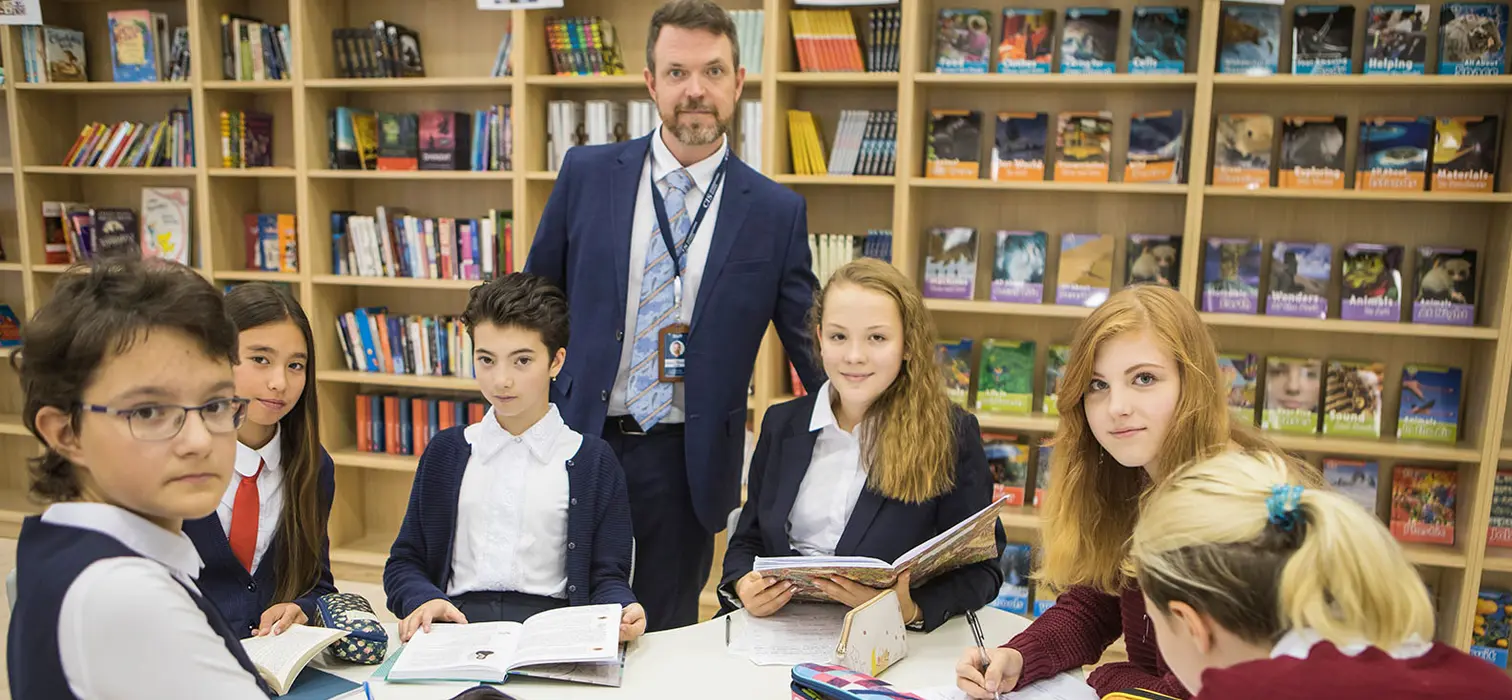Differences between British and Russian curricula

Private British schools are famous all over the world as educational institutions that give their students the highest level of academic preparation and maximum social adaptation - those qualities that are highly valued both for entering universities and for subsequent employment.
Speaking of the British curriculum benefits, we should note its three principles, namely:
- reliance on centuries-old traditions;
- widespread use of innovative teaching methods;
- priority students interests and needs.
However, one can understand the advantages of studying in a British school, perhaps, only by comparing it with the familiar domestic one.
Comparing education in Russia and the UK
To understand the difference between British and Russian curricula, have a look at the pair of "ability" / "knowledge": although both systems are based on a series of examinations, the state one pays maximum attention to details and knowledge (up to memorization), while the British one is focused on student’s skills.
That is why in English schools’ attention is paid to independent work (self-dependent and collective joint work, carried out by groups of students). Even in those disciplines where the knowledge itself coincides (for example, in mathematics), teaching is carried out at fundamentally different levels, which, accordingly, gives different results in the end.
Regarding the given knowledge we should notice the following:
|
The state school that we are used to involves an increase in the number of subjects as we move from elementary grades to senior grades: from several disciplines in primary school to two dozen by the final grade. As a result, a child has a rather vague knowledge of many academic subjects and he needs special preparation for entering a university, which often involves tutors in specialized subjects (visually - an inverted pyramid). |
In private schools in Great Britain, on the contrary: in elementary school, children are given the broadest ideas about different disciplines, in secondary, career guidance begins and an individual education path is outlined, with the last two years focusing on those specific subjects that will be required in further university education. Accordingly, the final exams (the so-called A-levels) become the basis for admission to higher educational institutions without additional tests. Thus, the student, as he learns, concentrates more and more on the final goal (visually - an ordinary pyramid with a top directed upward).
|
In fact, more than 90% of children studying the British curriculum easily enter the most prestigious universities in different countries of the world.
Comprehensive personal development as the goal of the British school
Perhaps the most important difference between these educational systems is the attitude towards the personality of the child: the Russian school is built on the achievement of a certain standard for all by each student, and the British one assumes considers the individual characteristics and capabilities of each child.
The main goal of the British curriculum is to form a fully self-confident person with developed leadership qualities, who has the necessary social skills, is ready to make independent decisions, and if necessary, proves them right for authorities.
To achieve such a harmony you need additional classes aimed at developing a variety of talents (from vocals and cooking to sports achievements), a worldview and a broad outlook, the ethics and moral norms.
Features of training at the British school CIS
The non-state CIS International School (CIS) is a true representative of British values. Parents who face the choice of a school for a child will be especially interested in learning about the relationship between students and teachers in CIS.
It is crucial that the teacher is not perceived as an unconditional leader. Dialogue is the main form of communication, the interaction is accompanied by a psychologist. The child is in the center of the whole process, it is for his sake that the psychologist gives recommendations on classes and programs that help the student to manage their behavior and control emotions.
There is no specific approach to relationships between students, the most important role is given to the Student Council, that discusses the widest range of issues - from school events and charity to ideas for improving the school life.
Classroom leadership and behavior control
At CIS International School, there is an institute of classroom leadership, which implies the responsibility of the teacher for the PSHE program (personality education, medical education, social adaptation).
But there is no assessment of the behavior of students and work with parents demonstrating the wrong behavior: the school is trying to focus on the positive aspects, the monitoring and reporting system for regulating behavior is implemented on campuses and is unique.
The values supported by the British school and CIS make it possible to prepare students for a successful future in any field, teach them to adapt to changing conditions, easily interact with people and feel comfortable in any country.



